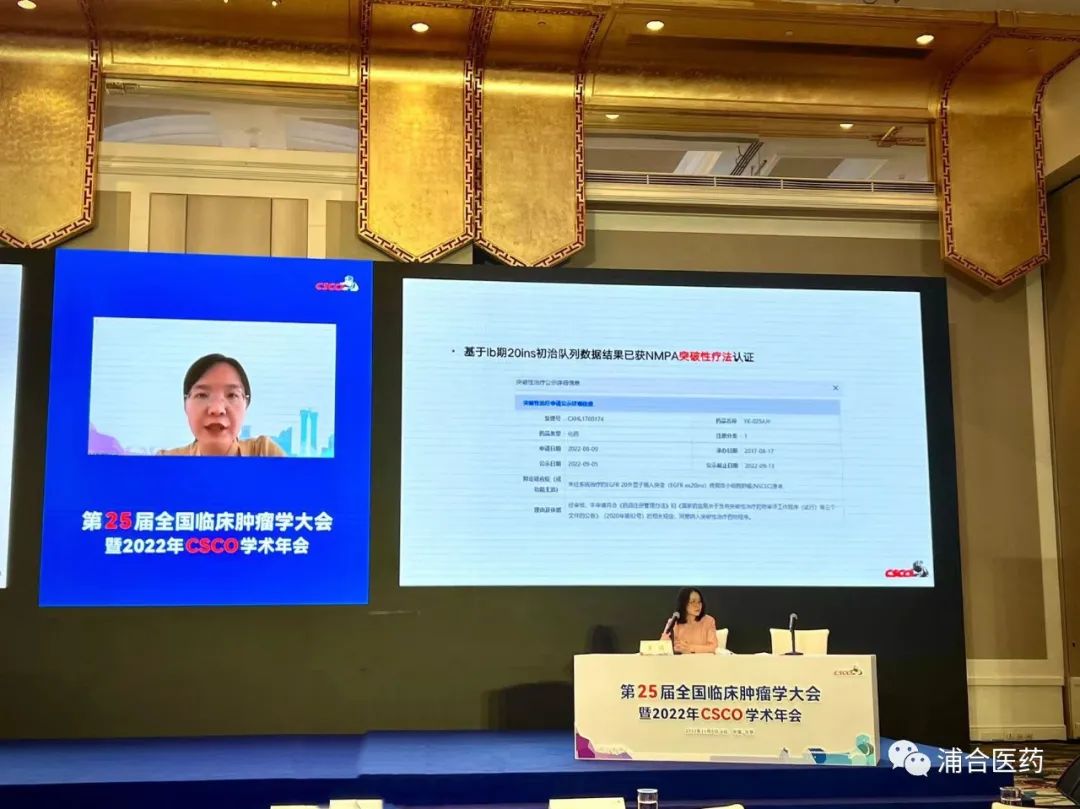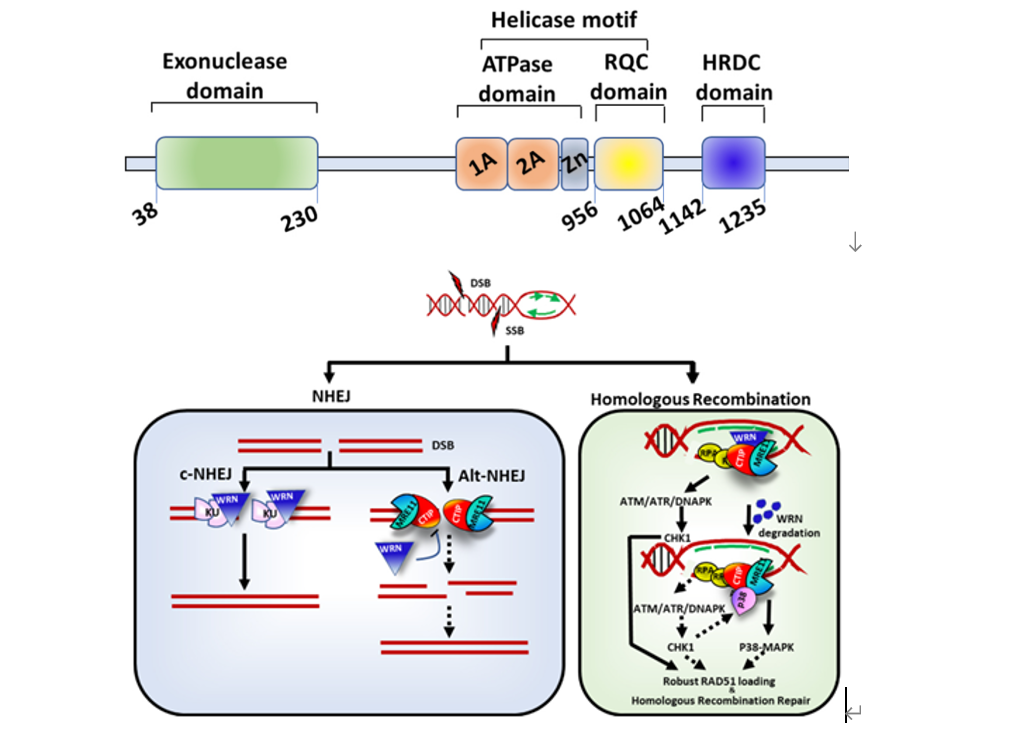
Suzhou, China, February 10, 2023- Suzhou Puhe Biopharma announced today that its application for Phase III clinical trial for a small molecule innovative drug (PH001) in the field of lung cancer has been accepted and approved by the National Medical Products Administration for use in advanced NSCLC patients with EGFR Ex20ins who have not undergone systematic treatment.
Lung cancer is the second most common tumor in the world, with 85% being NSCLC. Mutations in the epidermal growth factor receptor (EGFR) gene are the main driving genes of NSCLC, with the most common mutations being the deletion of EGFR Ex19del and the L858R Ex21 point mutation, known as classical mutations. Currently, third-generation tyrosine kinase inhibitors (EGFR-TKI) have been marketed for patients with classical mutations, providing significant clinical benefits. In patients without systematic treatment, the objective response rate (ORR) of third-generation EGFR-TKI is 70% - 80%, and the median progression free survival (mPFS) is 18.9-20 months. However, approximately 4-12% of NSCLC patients with EGFR mutations experience ex20ins mutations and cannot benefit from such treatments. Compared with patients with classical mutations, EGFR ex20ins has more types of mutations and higher heterogeneity, with 122 subtypes of mutations reported so far; the treatment difficulty is high, since patients with EGFR ex20ins mutations are resistant to first, second, and third-generation EGFR-TKI treatments that are currently available.
Currently, for advanced NSCLC patients with EGFRex20ins who have not undergone systematic treatment, both Chinese and international clinical medication guidelines recommend referring to non-driver gene NSCLC treatment, that is, platinum-containing dual drug chemotherapy is considered as the first-line standard treatment plan. There are no small molecule targeted drugs approved globally. However, standard first-line chemotherapy has poor efficacy and significant toxic side effects, with an ORR of only 19.2-41.6% and a maximum mPFS of 6.4 months. Therefore, developing safer and more effective small molecule targeted drugs will greatly benefit this group of patients and it is also a key focus of clinical physicians.
In 2022, the CSCO released the study results of Suzhou Puhe Biopharma PH001 project for first-line treatment of lung cancer patients with EGFRex20ins. This is the first multicenter registered study all over the world to disclose first-line treatment data, bringing new hope to clinical practice. The study showed that the overall response rate (ORR) of EGFRex20ins patients reached 68.4%, the 6-month response duration (DOR) was 65.3%, the disease control rate (DCR) was 94.7%, and the median progression free survival (PFS) was not reached. The 6-month PFS rate was 68.4%, and the safety was high. The common types of adverse reactions were similar to traditional EGFR inhibitors.

Based on its excellent therapeutic efficacy data and excellent safety, the Center for Drug Evaluation, NMPA approved the inclusion of PH001 in the Breakthrough Therapeutic Drug Procedure (BTD) in September 2022. This is currently the only Class I innovative drug recognized by BTD for first-line treatment of NSCLC with EGFRex20ins mutation.
We are looking forward to more breakthroughs in PH001, filling the gap in first-line targeted treatment for patients with this mutation subtypes, and providing patients with better treatment options.
